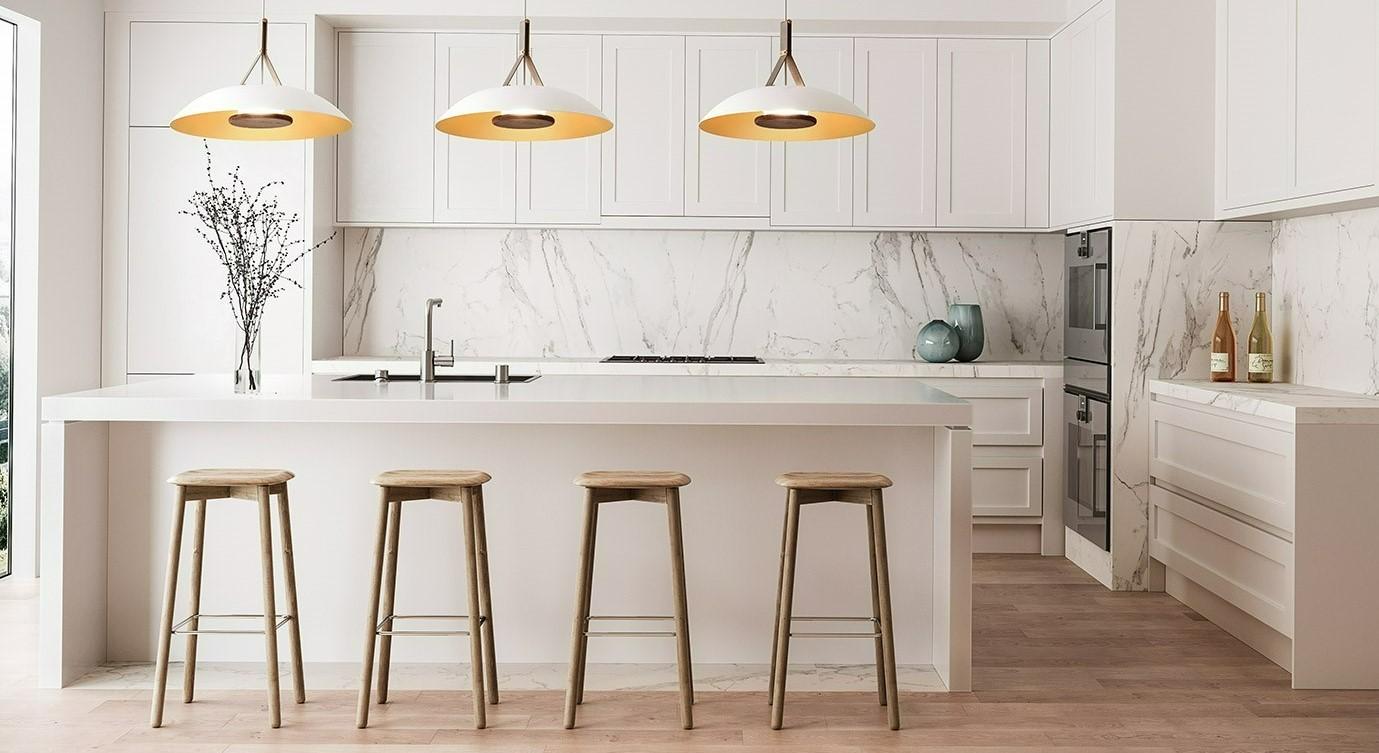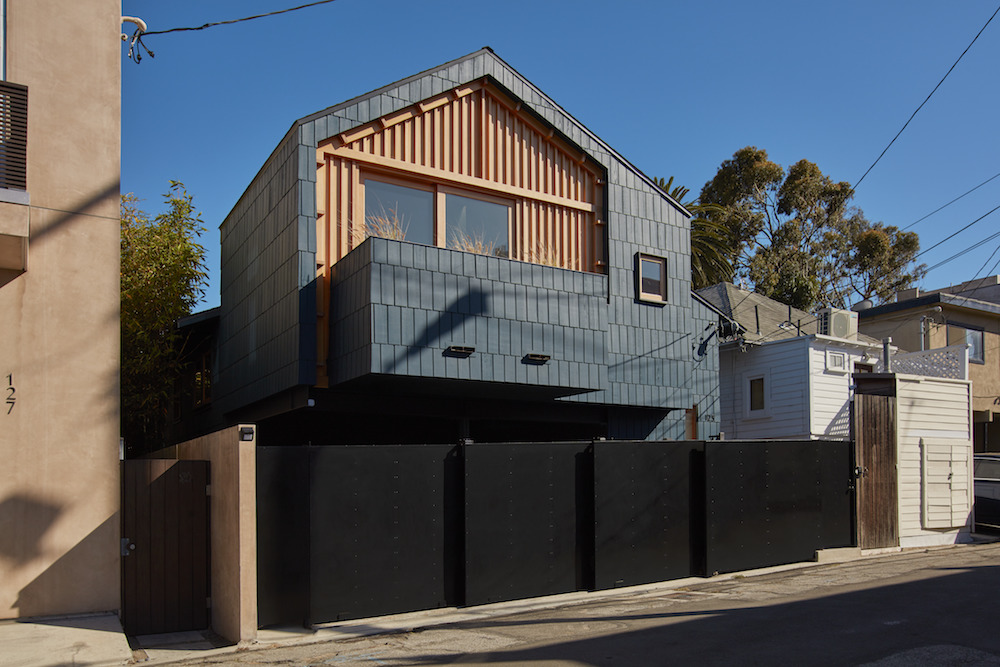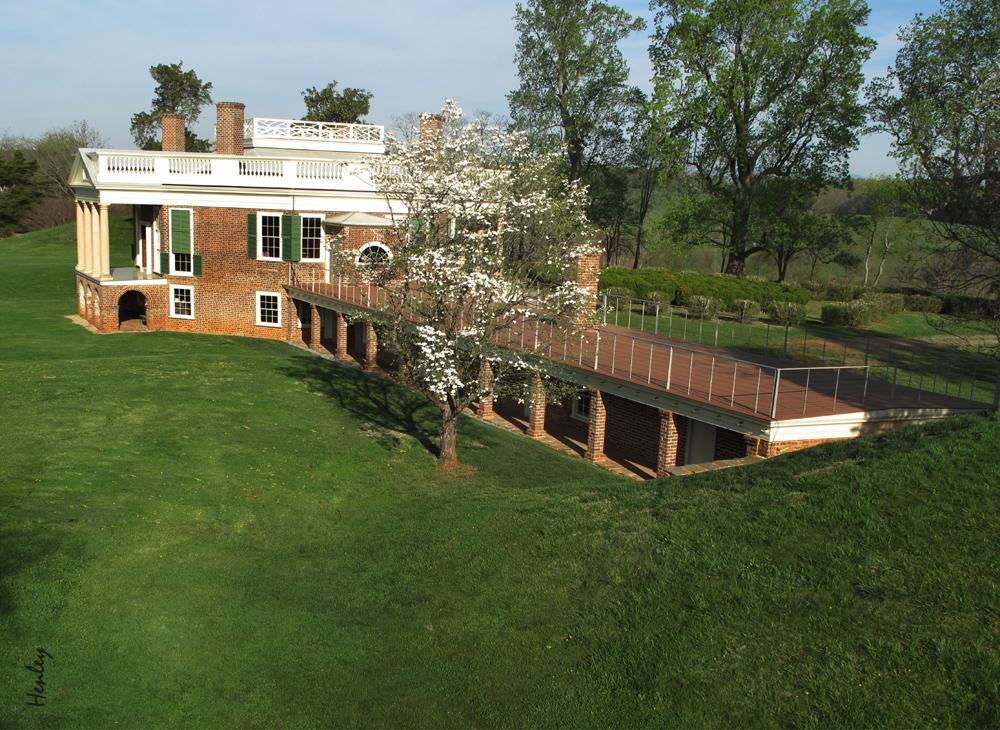A trio of boyhood friends who grew up together in Laguna Beach – building boats and exploring California in a used RV – are now leading the high-end lighting industry.
Founded in 2010, Cerno is headed by Bret Englander as director of sales and marketing, Nick Sheridan as director of design, and Dan Wacholder as director of engineering and operations.
It’s an endeavor that seemed destined from the start. “The three of us are now in our early 40s and the friendship goes back 35 years,” Englander says. “The foundation was prepared then as to whether we’d work well together.”
In college, Wacholder studied engineering while Sheridan studied architecture and Englander, journalism, “Dan is about how to get things done efficiently and Nick is about the design and functionality,” he says. Englander said, “And I always had a camera around my neck.”
By the time they were out of college and in their late 20s – with five years of work in architecture, engineering, and finance – the three decided to start a design company. “It was that broad –we were doing some furniture, some lighting and some design/build,” he says. “We were doing everything under the sun to keep the doors open.”
At the same time, LED lighting was running amok, disrupting a lighting industry where older, high-end companies were averse to the new technology. “Daniel suggested we start an LED lighting company,”’ Englander says. “So we did, with a few prototypes.”
They launched the new products at Dwell in Design in 2010 – which turned into a pivotal moment. “We were sharing a 10-by-10 booth filled to the brim with our lights,” he says. “The products were received really well because they celebrated the emerging technology.”
Their venture proven viable and Englander hit the road. “I drove from San Diego to Northern California to every brick-and-mortar operation I could find – and got orders,” he says. “Then I did it across the country.”
Now Cerno sells by way of reps and readers like those at A+A.
From the beginning, Cerno’s made everything itself, and outsourced very little – for continuity and to preserve internal processes. “We continue to innovate with high-quality products that are built to last,” he says. “They’re at the intersection of design, art, sculpture and functionality.”
Originally known for its work in sustainable walnut and oak, the firm’s beginning to explore metalwork, polymer-based materials, and leathers. “Still, wood is our most defining material,” he says. “We have bandsaws, table saws, lasers and routers and mills, and we use technology when it makes the product better, not just to use it.”
Rather than chase and repeat past successes – something Englander calls a road to mediocrity – the firm’s committed to listening carefully to its customers. “We’re bringing things to market that feel fresh, using the latest and greatest LED color and temperature,” he says. “We continue to innovate and explore materials, and we make products that are more sustainable every year.”
At one point, Cerno was focused on restaurants and hospitality, but branched out into education, health care, senior living and residential. It’s a diversification strategy that probably saved them during the pandemic. “If we had only been servicing restaurants and hospitality in 2020, we’d be devastated now,” he says.
But they’re not. In fact, the firm’s reputation for excellence in high-end work has spread far and wide. “A lot of legacy architects call us,” he says.
And with a product line that ranges from $350 for a lighting pendant to $5,700 for a floor lamp, that’s a compliment.
For more, go here.
[slideshow id=2387]



